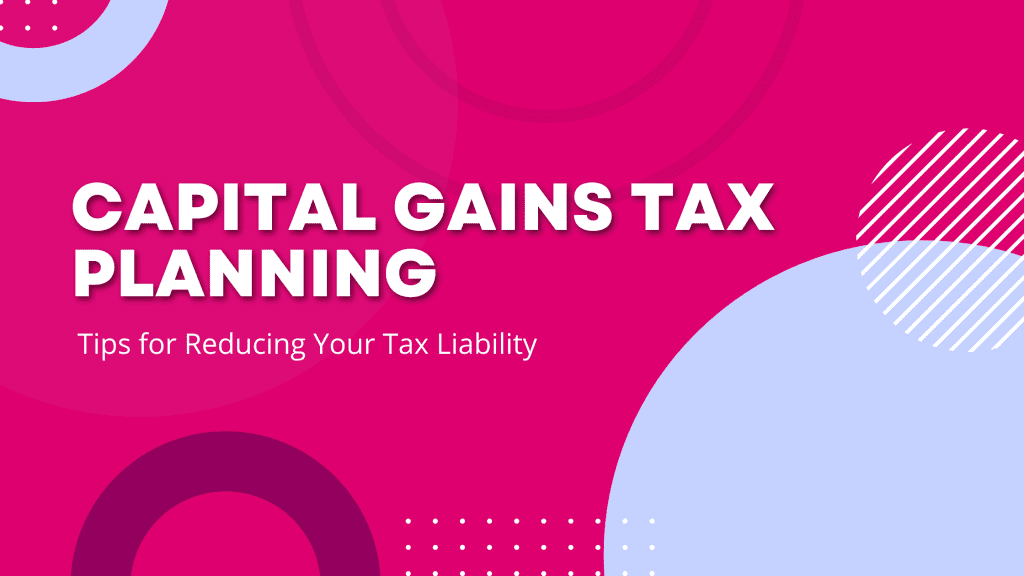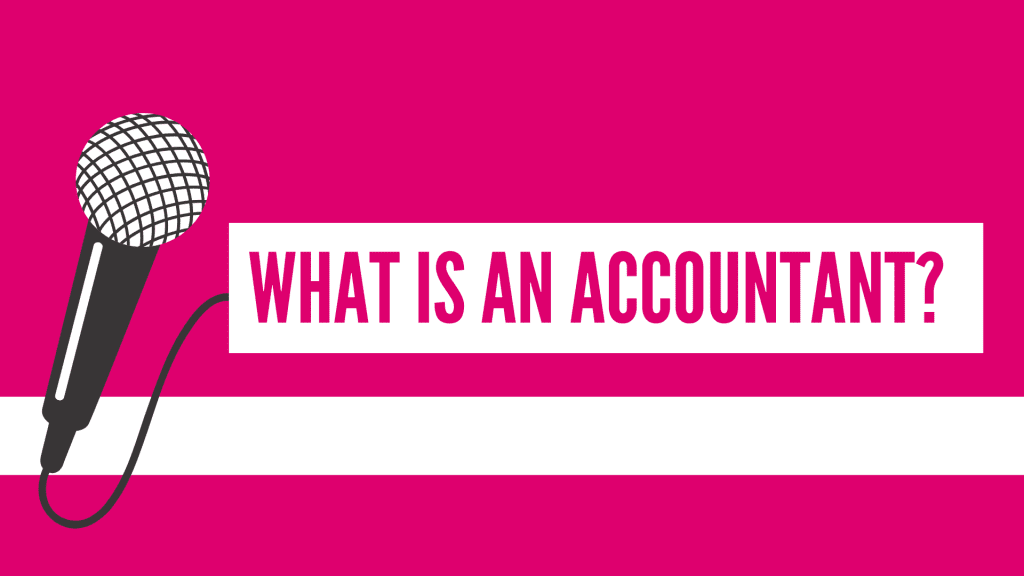
After months of speculation, we finally have the details of the first budget from the new labour government. It appears…

After months of speculation, we finally have the details of the first budget from the new labour government. It appears…

Election 2024: How Party Manifestoes Could Impact Small Businesses in the UK As the 2024 UK election draws nearer, small…

Capital Gains Tax Planning: Tips for Reducing Your Tax Liability Capital Gains Tax (CGT) is a tax on the profit…

Attention Business Owners, We’ve got the latest scoop on the recent Spring Budget announcement by the chancellor. Buckle up because…

Hello, business owners! Let’s talk about what the UK Autumn Statement means for you in plain English, with all the…

From Humble Beginnings to Industry Pioneers As we stand on the brink of a significant milestone, it’s time to turn…

The Autumn Statement is more than just a financial forecast; it’s a roadmap that can influence your business decisions for…

What is an Accountant? Unveiling the Essential Role in Your Business If you’ve ever wondered, “what is an accountant?” then…

It’s no secret that we love Xero! It is the accounting software that we recommend to absolutely all of our…

Facing redundancy can be incredibly challenging, but it could also be the perfect time to start a brand new career…